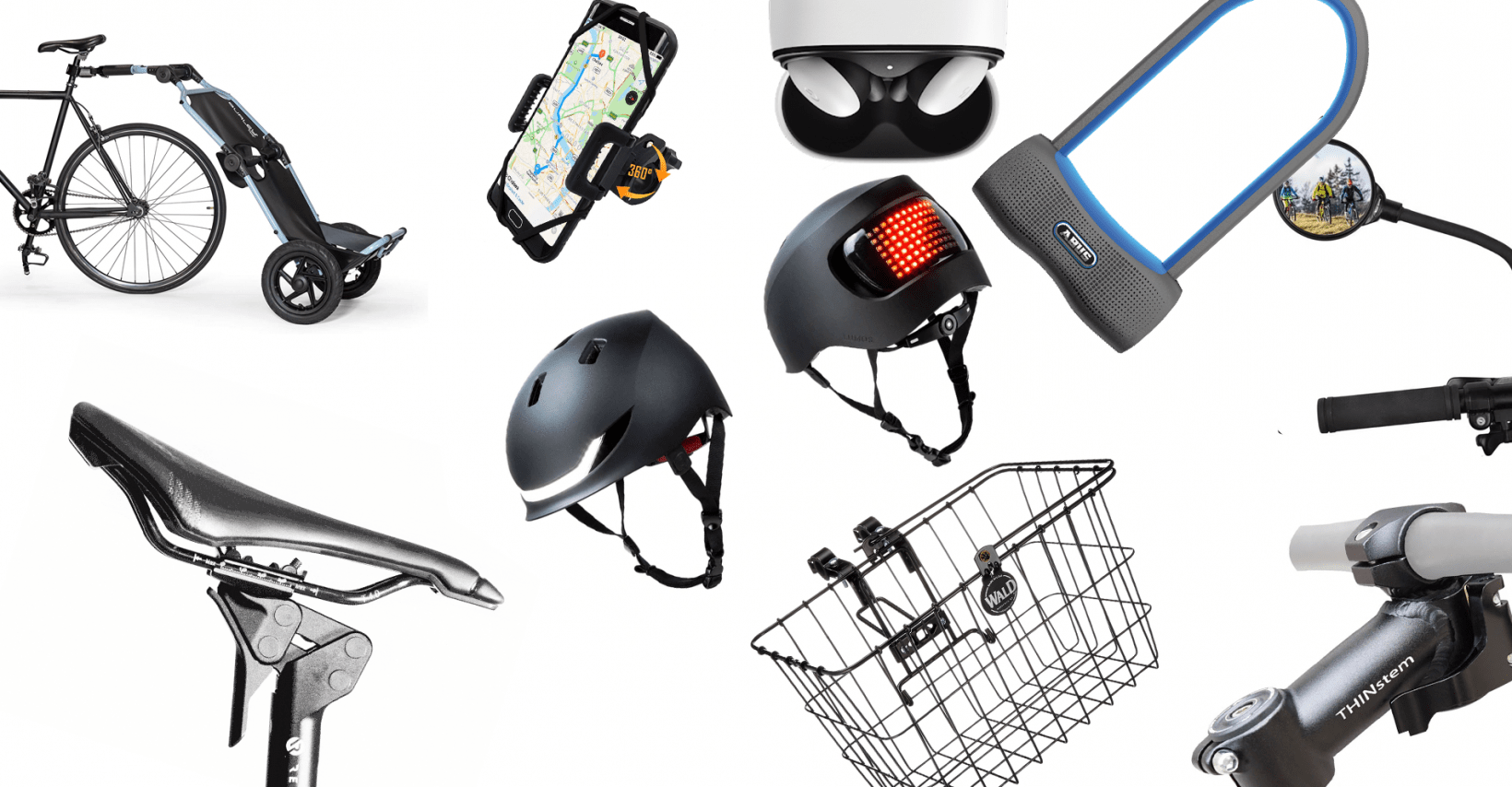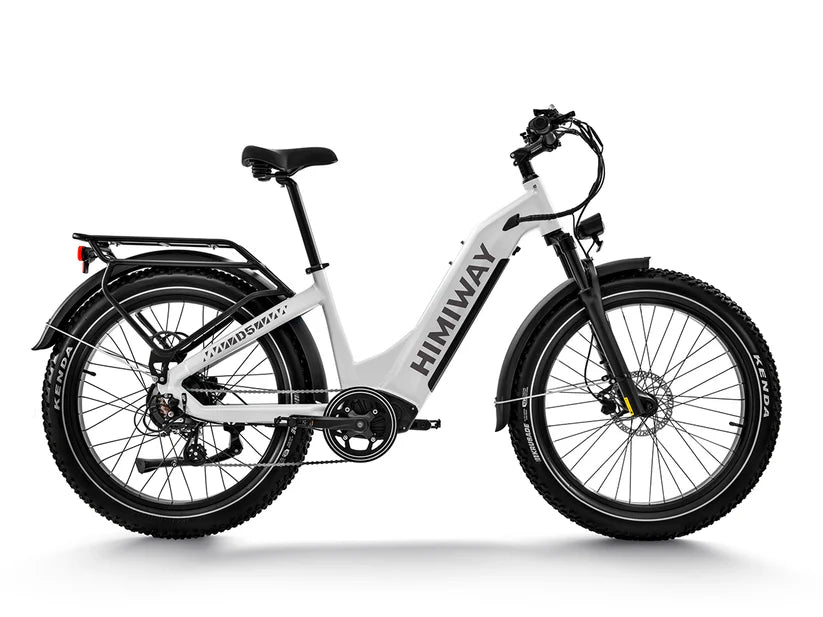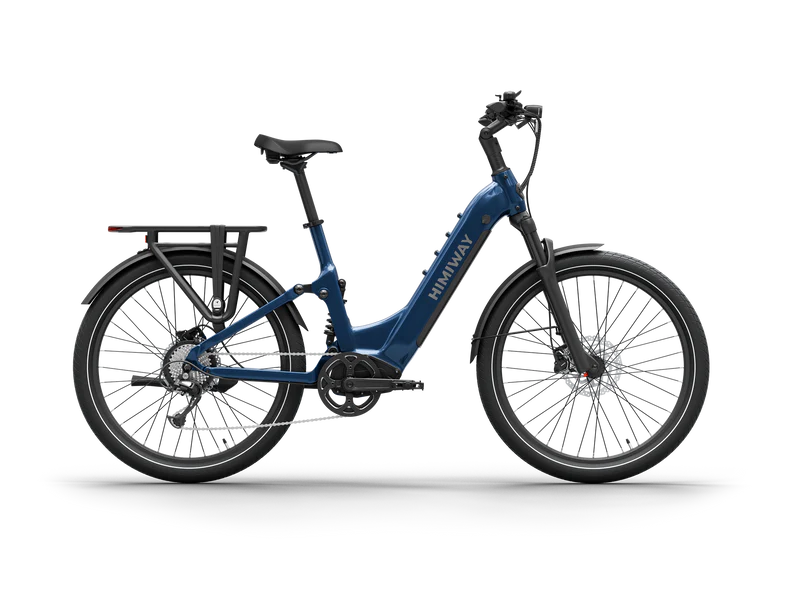Electric bicycles have been gaining popularity in Dunedin, Florida, as an eco-friendly and convenient mode of transportation. With the rise of electric bicycles, the city has seen a shift in transportation habits and an increased focus on sustainable mobility. This article explores the history, benefits, challenges, and future of electric bicycles in Dunedin, Florida.
Key Takeaways
- Electric bicycles offer a sustainable and environmentally friendly transportation option in Dunedin, Florida.
- The health benefits of electric bicycles contribute to a more active and healthier community in Dunedin, Florida.
- Regulations and policies play a crucial role in shaping the use and acceptance of electric bicycles in Dunedin, Florida.
- Infrastructure development is essential for the safe and convenient use of electric bicycles in Dunedin, Florida.
- Technological advancements and market trends are shaping the future of electric bicycles in Dunedin, Florida.
The History of Electric Bicycles
Early Development
Electric bicycles, also known as e-bikes, have a fascinating history that dates back to the late 19th century. The early development of e-bikes involved the invention of electric motors and their integration into bicycle designs. This innovation laid the foundation for the modern e-bikes we see today.
The adoption of e-bikes experienced a significant surge in the mid-20th century, driven by advancements in battery technology and the growing interest in sustainable transportation. This period marked the beginning of e-bikes' popularity growth as a viable alternative to traditional bicycles and motor vehicles.
Regulations and policies surrounding e-bikes have evolved over time, reflecting the need to address safety concerns and integrate e-bikes into existing transportation frameworks. This has led to the establishment of guidelines for e-bike usage, including speed limits, age restrictions, and designated bike lanes.
Tip: Understanding the historical development of e-bikes can provide valuable insights into the evolution of sustainable transportation and the potential for future innovations.
Popularity Growth
Electric bicycles have experienced a surge in popularity, driven by a growing awareness of sustainable transportation options and the desire for convenient, eco-friendly commuting solutions. This trend is further fueled by the increasing emphasis on health and wellness, with electric bicycles offering an accessible means of incorporating physical activity into daily routines. Additionally, the technological advancements in electric bicycle design and battery efficiency have contributed to their widespread adoption.
- Increased sales of electric bicycles in Dunedin, Florida
- Growing number of electric bicycle rental services
- Positive feedback and testimonials from electric bicycle users
Tip: Consider the benefits of electric bicycles for short-distance travel and leisurely rides, promoting a healthier and more environmentally conscious lifestyle.
Regulations and Policies
Electric bicycles are subject to regulations and policies that govern their use on public roads and pathways. These regulations often include speed limits, age restrictions, and helmet requirements. Additionally, local ordinances may dictate where electric bicycles are permitted to operate, such as bike lanes, multi-use paths, or roadways. It's important for riders to familiarize themselves with these rules to ensure safe and legal operation.
When using electric bicycles, riders should also be aware of policies regarding parking and charging. Some areas may have designated parking spaces or charging stations specifically for electric bicycles. Understanding these guidelines helps promote responsible and considerate use of electric bicycles within the community.
Tips for Riders:
- Always obey traffic laws and signage when riding electric bicycles.
- Respect pedestrian right-of-way on shared pathways and sidewalks.
- Regularly check local regulations and policies for any updates or changes.
Benefits of Electric Bicycles
Environmental Impact
Electric bicycles have a significant environmental impact due to their zero emissions and low energy consumption. They contribute to reducing air pollution and greenhouse gas emissions, making them a sustainable transportation option. Additionally, the use of electric bicycles promotes active transportation and reduces reliance on fossil fuel-powered vehicles.
- Electric bicycles produce zero emissions
- Low energy consumption
- Promotes active transportation
- Reduces reliance on fossil fuel-powered vehicles
Tip: Electric bicycles are an eco-friendly alternative for short-distance commuting and leisure activities, contributing to a cleaner and healthier environment.
Health Benefits
Electric bicycles offer a range of health benefits that contribute to an active and sustainable lifestyle. The pedal-assist feature promotes cardiovascular health and encourages physical activity, making it an ideal option for individuals seeking a low-impact exercise routine. Additionally, the reduced reliance on motor power can lead to improved muscle strength and endurance. Riders can enjoy the outdoors while engaging in physical activity, leading to a more balanced and healthy lifestyle.
- Improved cardiovascular health
- Enhanced muscle strength and endurance
- Low-impact exercise routine
Tip: Regular use of electric bicycles can contribute to a healthier lifestyle by integrating physical activity into daily routines.
Cost Savings
Electric bicycles offer significant cost savings compared to traditional vehicles. With zero fuel costs and minimal maintenance requirements, they are a cost-effective transportation option. Additionally, the long-term savings on fuel and maintenance make electric bicycles a financially attractive choice. Riders can also benefit from reduced parking fees and lower insurance costs.
- Zero fuel costs
- Minimal maintenance requirements
- Long-term savings on fuel and maintenance
- Reduced parking fees and lower insurance costs
Tip: Electric bicycles provide a sustainable and economical mode of transportation, offering substantial cost savings over time.
Challenges and Concerns
Safety Issues
Safety Issues
Electric bicycles present unique safety considerations, particularly in urban environments. Riders must be mindful of traffic laws and pedestrian right-of-way, as well as the importance of wearing protective gear. Additionally, the interaction between electric bicycles and traditional bicycles and vehicles requires heightened awareness and caution.
- Riders should prioritize visibility by using lights and reflective gear, especially during low-light conditions.
- Adhering to speed limits and maintaining control of the bicycle is crucial for safe operation.
- A table comparing accident rates between electric bicycles and traditional bicycles could provide valuable insights into safety concerns and risk mitigation strategies.
Tip: Always prioritize safety and awareness when riding electric bicycles, and consider the impact of your actions on other road users.
Infrastructure
Electric bicycles require charging stations to be strategically placed throughout the city to support their usage. Additionally, dedicated bike lanes and secure parking facilities are essential for the safety and convenience of electric bicycle riders. The integration of electric bicycle infrastructure with existing public transportation systems can further enhance the accessibility and usability of electric bicycles. To encourage the adoption of electric bicycles, local authorities should prioritize the development of bicycle-friendly infrastructure and charging infrastructure. This can be achieved through collaborative efforts with urban planners, transportation authorities, and community stakeholders.
- Charging Stations: 50 strategically located charging stations
- Dedicated Bike Lanes: Expansion of bike lane network
- Secure Parking Facilities: Installation of secure bicycle parking racks
Tip: Integrating electric bicycle infrastructure with public transportation can create a seamless and sustainable urban mobility ecosystem.
Battery Technology
Electric bicycles rely on battery technology to power their motors. The advancement of battery technology has significantly improved the range and performance of electric bicycles. Lithium-ion batteries, known for their high energy density and longevity, are commonly used in modern electric bicycles. These batteries are lightweight, compact, and provide a reliable power source for extended rides. Additionally, the development of smart battery management systems has enhanced the safety and efficiency of electric bicycle batteries. These systems optimize battery performance, prevent overcharging, and prolong the lifespan of the batteries.
- Lithium-ion batteries are the most commonly used type in electric bicycles.
- Smart battery management systems optimize performance and safety.
Tip: Regularly check and maintain the battery to ensure optimal performance and longevity. It's important to follow the manufacturer's guidelines for charging and storage to maximize the lifespan of the battery.
The Future of Electric Bicycles
Technological Advancements
Technological advancements in electric bicycles continue to drive innovation and improve the overall riding experience. From advanced battery technology to smart connectivity features, the future of electric bicycles is poised to revolutionize urban transportation.
Key areas of advancement include:
- Battery Technology: Longer battery life, faster charging, and lightweight designs are enhancing the range and convenience of electric bicycles.
- Smart Connectivity: Integration with mobile apps, GPS navigation, and real-time performance monitoring is making electric bicycles more user-friendly and efficient.
- Safety Features: Innovations in collision detection, automatic braking, and visibility enhancement are prioritizing rider safety and confidence.
Tip: When considering an electric bicycle purchase, prioritize models with advanced safety features and smart connectivity for a more enjoyable and secure riding experience.
Integration with Public Transportation
Electric bicycles are increasingly being integrated with public transportation systems, providing commuters with a convenient and eco-friendly option for the first and last mile of their journey. This integration promotes multimodal transportation, reducing reliance on single-occupancy vehicles and contributing to a more sustainable urban environment.
Commuters can easily combine electric bicycles with public transit, allowing for seamless transitions between different modes of transportation. This approach not only reduces traffic congestion but also addresses the issue of limited parking spaces in urban areas, offering a practical solution for urban mobility.
Benefits of Electric Bicycles in Public Transportation Integration:
- Enhanced accessibility to public transit
- Reduced travel time for short distances
- Lower environmental impact compared to traditional commuting methods
Tip: When integrating electric bicycles with public transportation, consider designated parking areas and charging stations to optimize the experience for users and ensure the smooth operation of the combined system.
Market Trends
Technological advancements in electric bicycle design and battery technology are driving the industry forward. Integration with public transportation systems is becoming a key focus, aiming to provide seamless and sustainable urban mobility. Market trends indicate a steady increase in consumer demand for electric bicycles, with a notable shift towards eco-friendly and cost-effective transportation options.
-
Key Trends:
- Growing adoption of electric bicycles in urban areas
- Expansion of electric bicycle sharing programs
- Innovation in battery technology for extended range and faster charging
Tip: Keep an eye on emerging regulations and incentives that may impact the use and ownership of electric bicycles in your area.
Conclusion
In conclusion, the rise of electric bicycles in Dunedin, Florida reflects a significant shift in transportation and lifestyle choices. The history of electric bicycles, from their early development to the establishment of regulations and policies, has paved the way for their increasing popularity. The benefits of electric bicycles, including their positive environmental impact, health benefits, and cost savings, have contributed to their widespread adoption. However, challenges and concerns such as safety issues, infrastructure, and battery technology must be addressed to ensure the continued success of electric bicycles. Looking to the future, technological advancements, integration with public transportation, and market trends will play a crucial role in shaping the landscape of electric bicycles. As the community embraces this sustainable mode of transportation, it is evident that electric bicycles will continue to play a pivotal role in the evolving urban environment of Dunedin, Florida.
Frequently Asked Questions
Are electric bicycles legal in Dunedin, Florida?
Yes, electric bicycles are legal in Dunedin, Florida. However, there are specific regulations and guidelines that riders must follow.
Do I need a license to ride an electric bicycle in Dunedin, Florida?
No, you do not need a license to ride an electric bicycle in Dunedin, Florida. However, there are age restrictions for certain types of electric bicycles.
What are the safety measures for riding an electric bicycle?
Safety measures for riding an electric bicycle include wearing a helmet, following traffic rules, and being aware of surrounding vehicles and pedestrians.
How far can an electric bicycle travel on a single charge?
The range of an electric bicycle depends on factors such as battery capacity, terrain, and rider's weight. On average, most electric bicycles can travel 20-50 miles on a single charge.
Are there charging stations available for electric bicycles in Dunedin, Florida?
Yes, there are charging stations available for electric bicycles in Dunedin, Florida. These stations are located at various public places and are accessible to electric bicycle riders.
What maintenance is required for an electric bicycle?
Regular maintenance for an electric bicycle includes checking the battery, tires, brakes, and electrical components. It is also recommended to have the bicycle serviced by a professional technician periodically.















